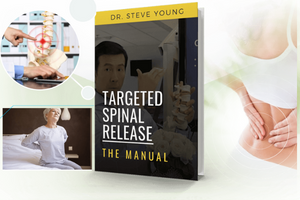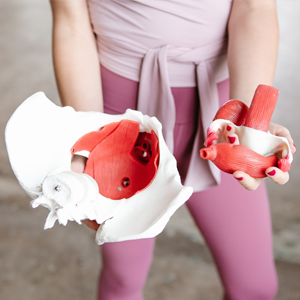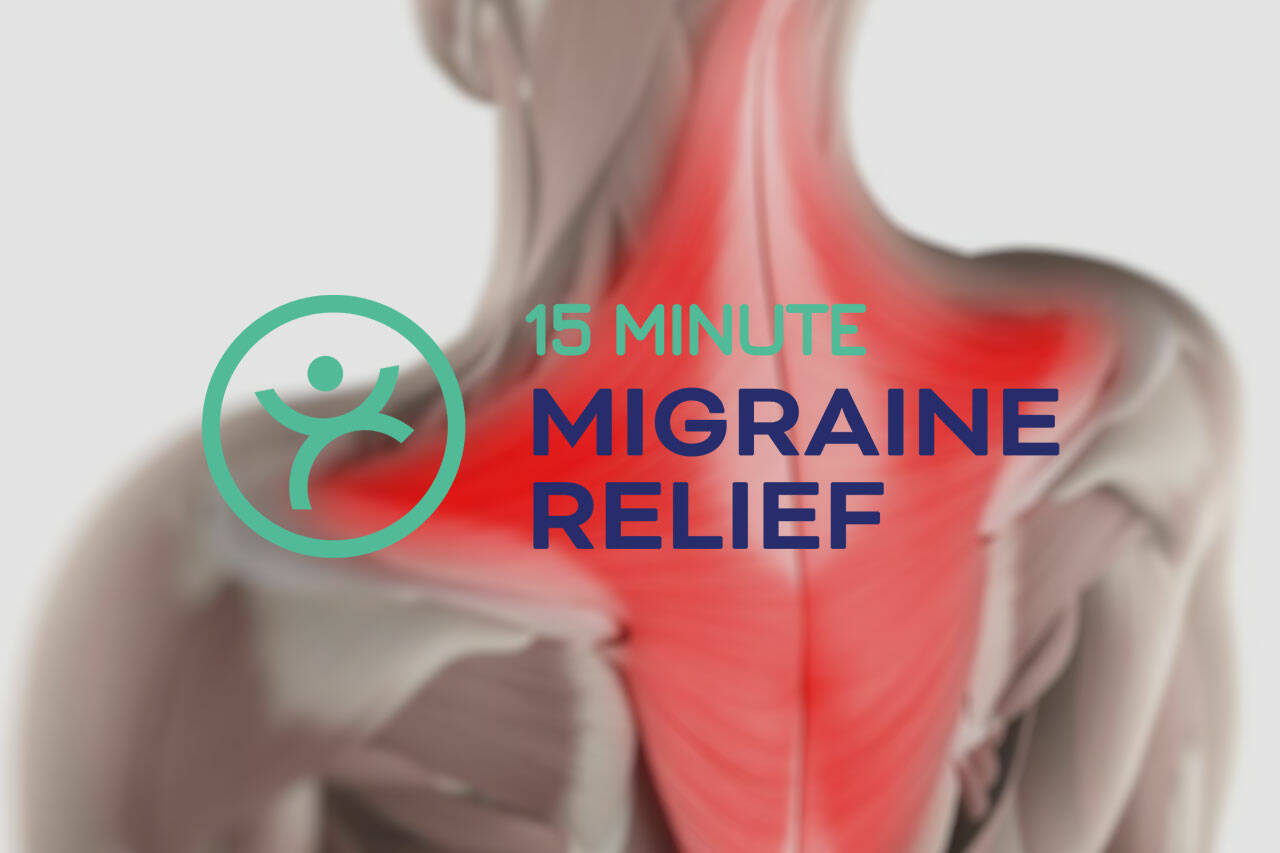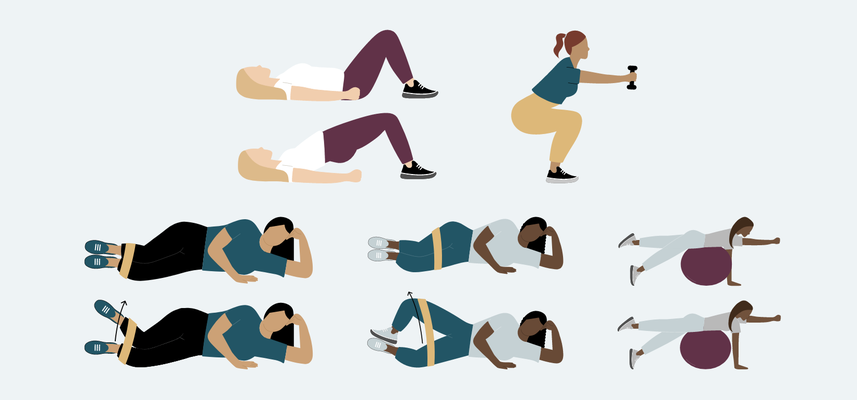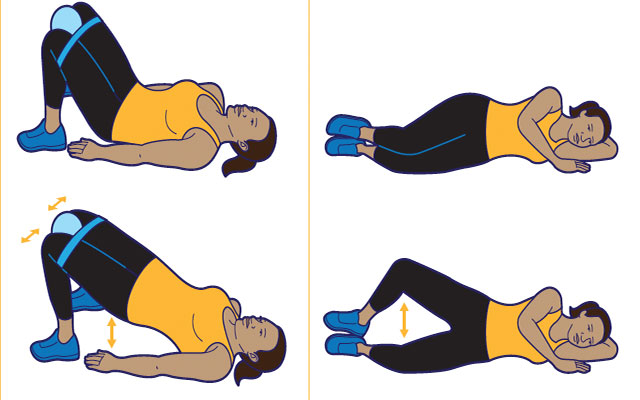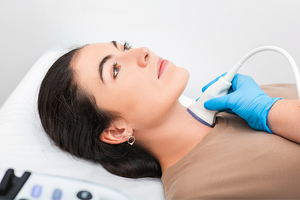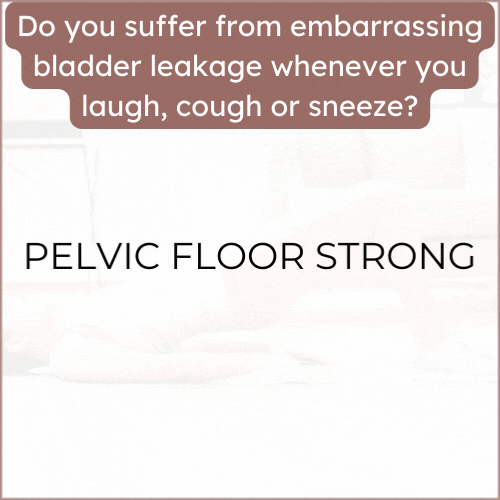Menopause and Bladder Leakage: What You Need to Know?
Menopause can lead to bladder leakage due to hormonal changes, weakened pelvic floor muscles, and other factors. Here are key points to understand and manage this condition:
1. Hormonal Changes: The decrease in estrogen during menopause weakens the bladder and urethra tissues, making them less effective at controlling urine flow.
2. Common Symptoms: Frequent urination, sudden urges to urinate, and stress incontinence (leakage during activities like coughing or exercising) are common during menopause.
3. Pelvic Floor Exercises: Strengthening the pelvic floor muscles can help improve bladder control and reduce leakage.
4. Lifestyle Adjustments:
- Dietary Changes: Avoiding bladder irritants such as caffeine, alcohol, and spicy foods can reduce symptoms.
- Healthy Weight: Maintaining a healthy weight reduces pressure on the bladder.
5. Medical Treatments:
- Vaginal Estrogen: Using estrogen pessaries, creams, or gels can help strengthen the urethra and bladder tissues.
- Medications and Surgery: In some cases, medications or surgical interventions might be necessary.
Understanding these aspects and seeking appropriate treatments can significantly improve the quality of life for women experiencing bladder leakage during menopause.












